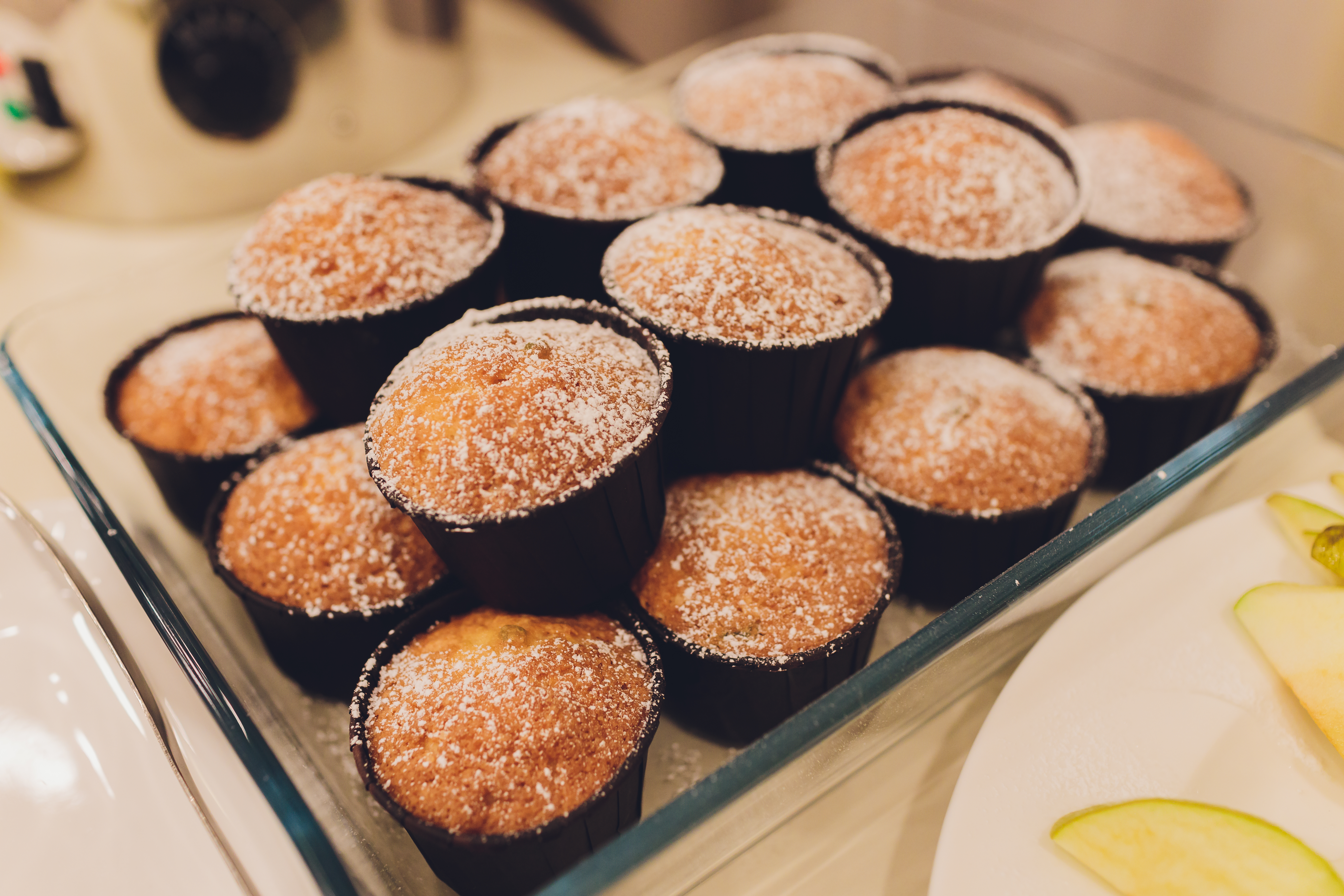 The Cottage Food Law is a great opportunity for individuals to generate revenue by making and selling food for which they have a passion. It is also a good opportunity for entrepreneurs to try a new venture and see if operating a food business might be right for them.
The Cottage Food Law is a great opportunity for individuals to generate revenue by making and selling food for which they have a passion. It is also a good opportunity for entrepreneurs to try a new venture and see if operating a food business might be right for them.
The Michigan Department of Agriculture and Rural Development (MDARD) is the agency that provides oversight of the retail sales of food, including the Cottage Food Law. There are many conditions that have to be met in order for food to be considered a cottage food:
- Only non-potentially hazardous foods that do not require time and temperature control for safety can be produced in a home kitchen. For example, bread, muffins, cookies, and granola.
- The food can only be prepared in the kitchen of the person’s primary residence.
- The food can only be sold to customers directly, such as at farmers markets, roadside stands or craft fairs. No products can be sold to retail stores, restaurants, to wholesalers, other distributors, online (including Facebook) or via mail.
- The maximum gross dollar amount a cottage food business can sell is $25,000; otherwise proper licensing would have to be obtained.
Only certain foods are allowed. To find out more, visit MDARD’s website on the Cottage Food Law. MSU Extension has a bulletin with more information about the Michigan Cottage Food Law. Click here to access the bulletin.
MSU Extension offers face-to-face and online classes to learn more about the law. For more information, you can also check out the MSU Extension Product Center's Guide to Selling Food in Michigan.
“This workshop helped me to gain a better understanding of what I need to do to have a successful food business from my home.” - Cottage Food Law program participant
Our Impact
846
people have taken the CFL online class since 2017.
1,317
people have taken the CFL face-to-face classes since 2015.
98%
of participants said they better understood how to run a successful cottage food business.




 Print
Print Email
Email